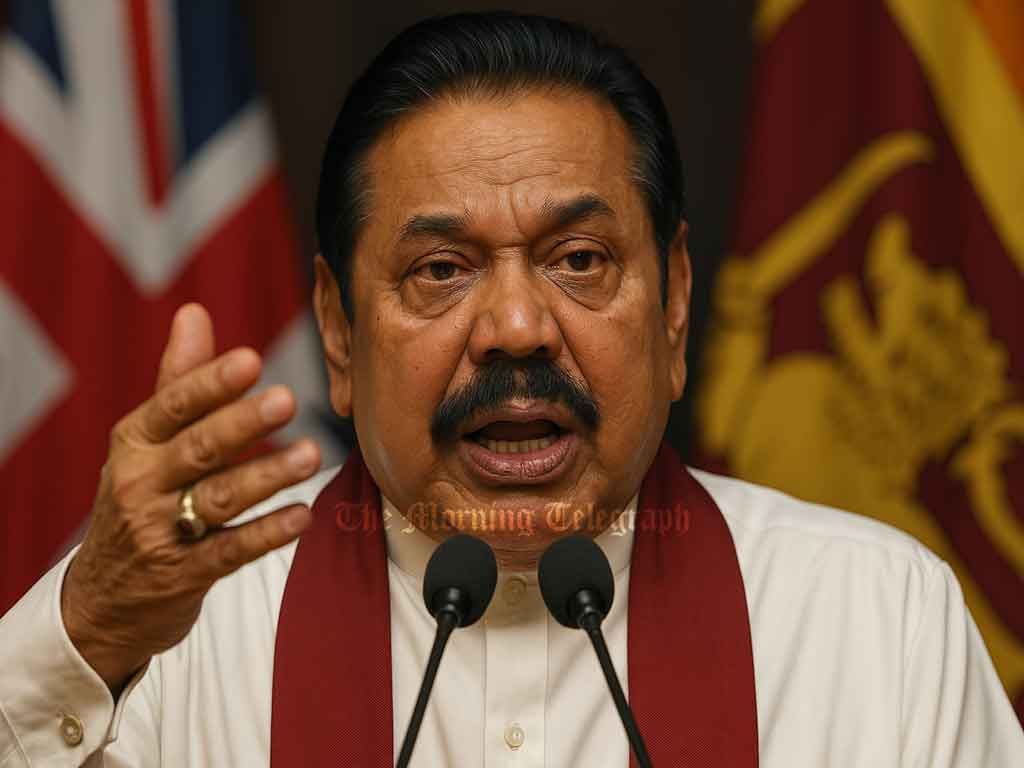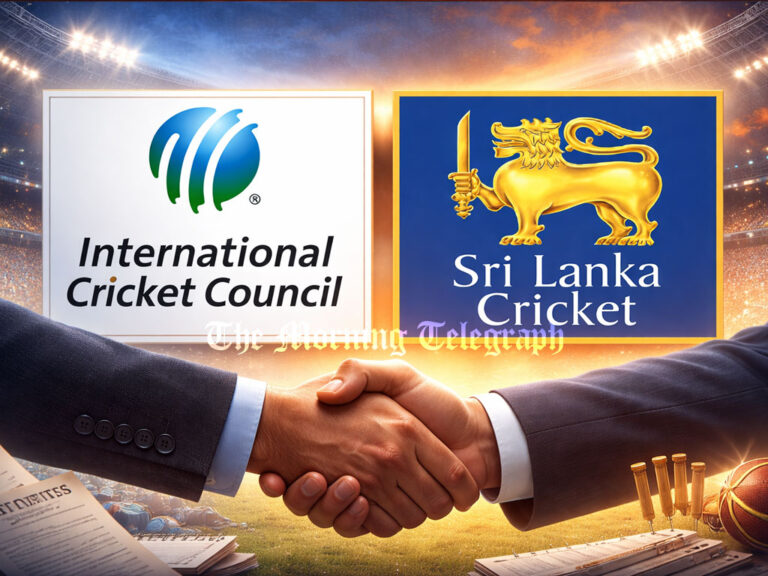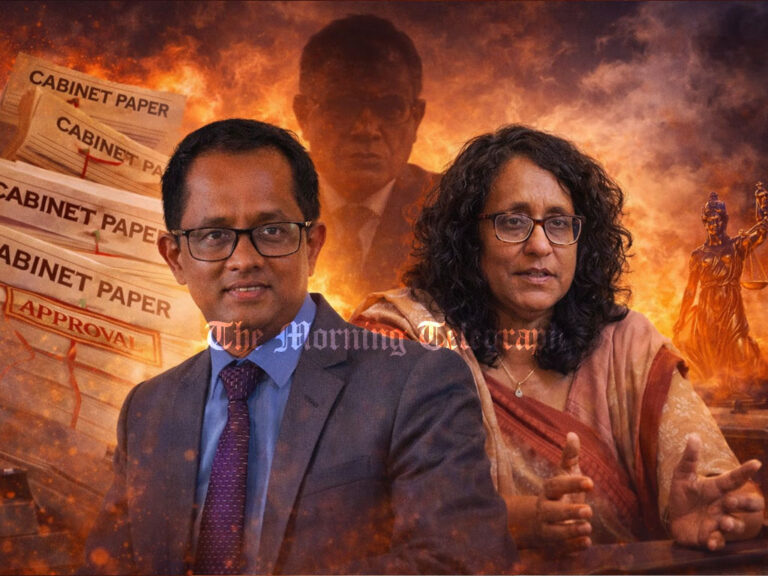
- Note that the above image was AI generated
Former President Mahinda Rajapaksa has issued a press release responding to the British government’s decision to impose sanctions on several former Sri Lankan Armed Forces commanders. The statement is as follows:
Press Release
Britain Imposes Sanctions on Former Sri Lankan Armed Forces Commanders
The British government has imposed sanctions on former Sri Lankan Chief of Defence Staff Shavendra Silva, former Navy Commander Wasantha Karannagoda, and former Army Commander Jagath Jayasuriya. These sanctions include bans on entry into Britain and restrictions on property ownership within Britain, based on allegations of human rights violations during the war with the LTTE. Notably, these allegations have not been proven in any formal forum.
It was I, the then Executive President of Sri Lanka, who made the decision to wage war against the LTTE. The Sri Lankan Armed Forces only executed that decision.
Despite the 2002 ceasefire agreement, the LTTE carried out 363 killings between February 2002 and the end of September 2005. After I assumed the presidency in November 2005, LTTE attacks intensified. Among the most serious attacks during the early months of my presidency were the killing of thirteen soldiers by two claymore bombs in Jaffna on December 4 and 6, 2005; the killing of 15 sailors in an LTTE suicide attack on a naval vessel on January 5, 2006; and the suicide attack on the Army Commander at Army Headquarters in April 2006.
Despite these attacks, my government engaged in two rounds of peace talks in Geneva and Oslo in January and June 2006 to maintain peace. However, both attempts were unilaterally terminated by the LTTE. I was ultimately forced to resume the war after an LTTE landmine attack on a civilian bus in Kebitigollawa in June 2006, which resulted in the deaths of 64 people and serious injuries to 86 others. Many of the victims were children.
Military operations began in July 2006 when the LTTE closed the Mavil Aru sluice gate, cutting off irrigation water to farmers in the Trincomalee district. These operations continued until the LTTE was completely defeated on May 19, 2009.
I strongly reject the British government’s allegations of widespread human rights abuses during the war. On October 12, 2017, Lord Naseby, in a speech in the British House of Lords, recalled how Lieutenant Colonel Anton Gash, the then British Defence Attaché in Colombo, had expressed a high opinion of the discipline of the Sri Lankan Army, emphasizing that the army had no policy of killing civilians. The content of Lieutenant Colonel Gash’s wartime reports to London significantly differs from the narrative being promoted by British political authorities. As a result, only a heavily redacted version of those reports has been made public.
I wish to make it clear that we were not fighting against the Tamil people, but against the LTTE.
A few months after the war ended, the wartime army commander contested the 2010 presidential election as the opposition’s common candidate. The TNA issued a statement on January 6, 2010, appealing to Tamils to vote for him. The fact that he won over 60% of the votes cast in the Northern and Eastern provinces contradicts the view promoted by the British government.
Furthermore, the imposition of sanctions on Vinayagamoorthy Muralitharan, alias Karuna Amman, who left the LTTE in 2004 and later entered democratic politics, is clearly a move to appease the pro-LTTE Tamil diaspora by punishing anti-LTTE Tamils.
When British Foreign Secretary David Miliband visited Sri Lanka in April 2009 and urged a halt to military operations, I refused. Later, The London Telegraph, citing secret documents published by WikiLeaks, revealed that Mr. Miliband had attempted to intervene in the Sri Lankan war to win Tamil votes for the British Labour Party. Unfortunately, to this day, British governments’ positions on the war against the LTTE are still determined by such block politics.
The three decades of LTTE terrorism claimed the lives of not only 27,965 armed forces and police officers but also thousands of civilians, including political leaders. In 2008, the US FBI officially designated the LTTE as the world’s most dangerous terrorist organization. It is worth recalling that the British government enacted special legislation in 2021 and 2023 to protect its armed forces from legal harassment from various parties.
Therefore, I expect the current government to directly oppose the harassment by foreign governments and organizations targeting armed forces personnel who have performed their duties to ensure the national security of Sri Lanka.
Mahinda Rajapaksa
Leader
Sri Lanka Podujana Peramuna




